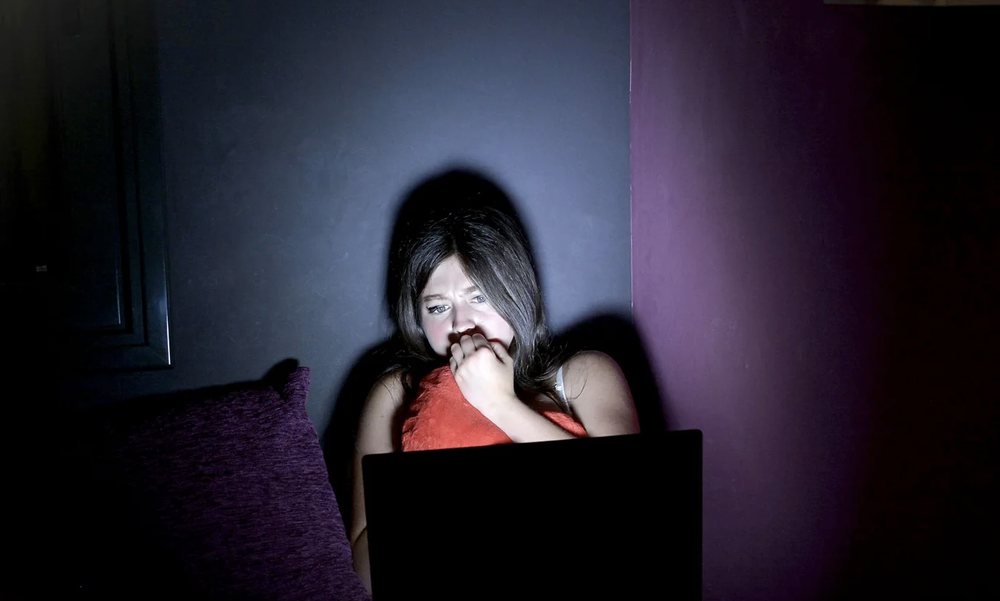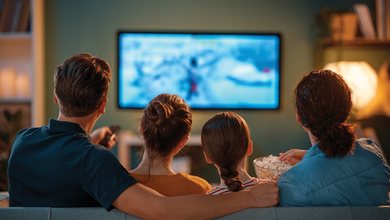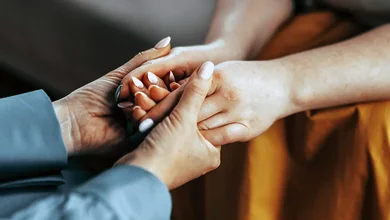
Although shocking sounds and bloody scenes don't seem like the best way to calm down, new studies show that horror films can serve as therapy during periods of anxiety.
When she was 16, an author recalls how a movie night with friends turned into a nightmare when The Exorcist came on. For two hours, she stood with her hands over her eyes, wondering how anyone could be entertained by something so shocking. That question, it turns out, has intrigued philosophers and psychologists for centuries.
Logically, fear is an emotion that evolution has given us to avoid danger. But as Halloween approaches, millions of people seek out the feeling of fear themselves, through heart-pounding movies. This is the “horror paradox,” as researcher Mark Miller of Monash University in Australia calls it: “We are built to run away from scary things, but we are drawn to them.”
Why do we like to be afraid?
Psychologist Coltan Scrivner of Arizona State University, author of the book Morbidly Curious: A Scientist Explains Why We Can't Look Away, has studied this phenomenon. He points out that horror stories are as old as language itself, with examples dating back to the Epic of Gilgamesh 4,000 years ago.
According to him, fear experienced safely through stories or films helps us understand the world and prepare for real dangers. His studies show that horror film viewers fall into three groups:
“Adrenaline Junkies,” who seek the physical sensation of fear.
“White Knucklers,” who dislike fear but feel empowered after facing it.
“Dark Copers,” who use horror films to cope with anxiety or to reflect on the real world.
Horror as "exercise" for the brain
During the Covid-19 pandemic, researchers found that people who watched horror films were more emotionally stable and coped better with uncertainty. The reason is related to the way the brain works: it simulates situations to anticipate risks. Horror films are believed to help this process – as a “training” to manage fear and uncertainty.
From screen to therapy
Other studies have used scary games to treat anxiety. A Dutch video game, MindLight, helped children learn to calm down in the face of fear: when the child remained calm, the monsters in the game turned into kittens. The results were as effective as classic behavioral therapies.
According to Scrivner, horror films can have a similar effect: “They allow us to experience fear in a controlled way, exercising the ability to regulate emotions.”
So maybe it's not a bad idea to tackle a horror movie—as long as you choose it carefully. As Scrivner suggests, start with gentle books or movies that are a little outside your comfort zone.
Ultimately, fear experienced safely can bring… calm.






















